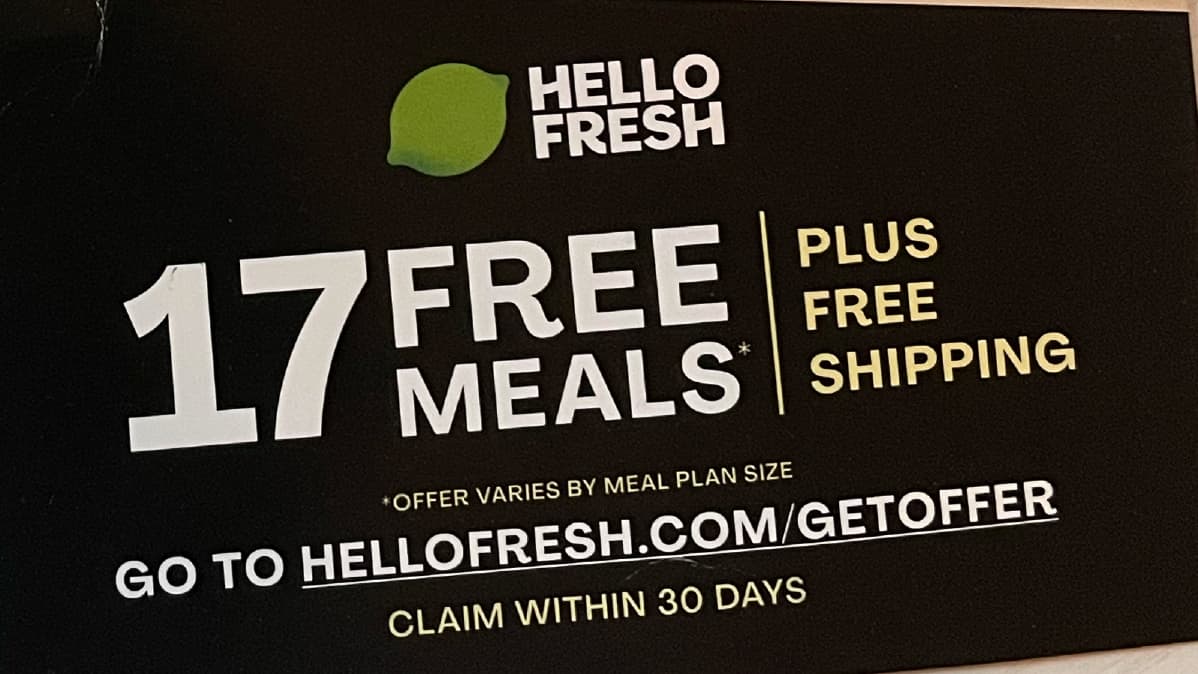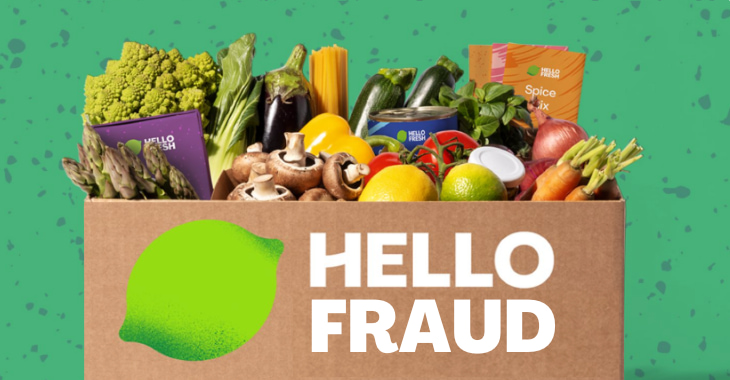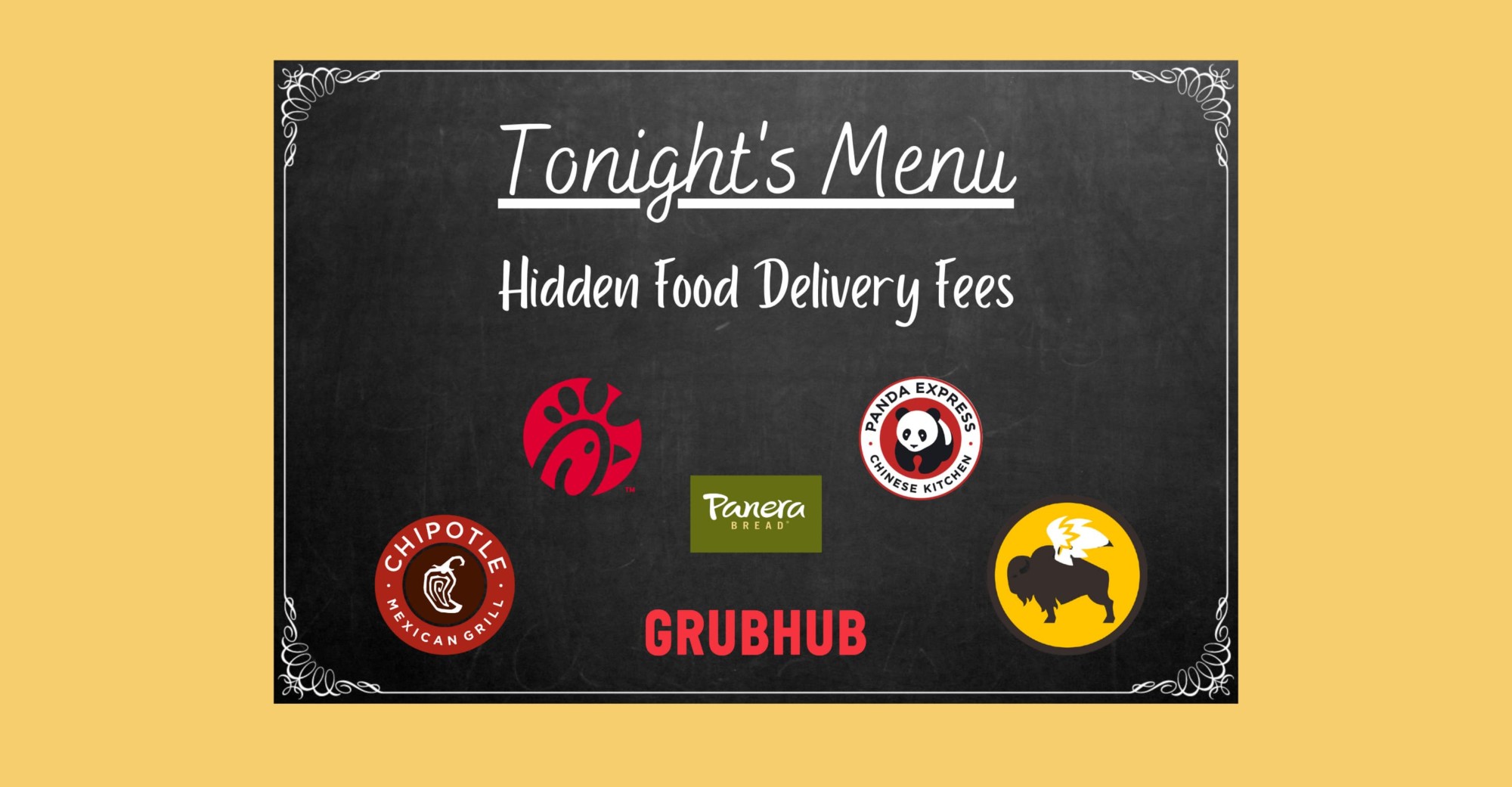
HelloFresh’s ‘17 Free Meals’
Here’s how much you have to spend to get 17 “free” meals.
False promises of 'free meals' lead consumers to never-ending subscriptions.
|
UPDATES
5/26/23: The National Advertising Division investigated HelloFresh’s marketing and determined that it did not properly disclose the material terms and conditions that applied to its “free meals” offers and recommended the company modify its advertising to clearly and conspicuously disclose such information in close proximity to the “free” claims. NAD also recommended that HelloFresh modify or discontinue its flash sale claims and countdown timer unless the sale or offer is time sensitive. HelloFresh agreed to comply with the decision.
10/14/22: HelloFresh has revised certain marketing materials to qualify its “free meals” claim to indicate that the offer is “across 8 boxes” (while still deceptively claiming that the discount is a free offer) and removed some but not all ads using the unqualified “free meals” claim. In addition, with respect to its checkout process, HelloFresh is now using bold type instead of regular type for the language directly above the order button referring to the company’s terms and conditions. Our original article follows.
On Wednesday, TINA.org filed a complaint with the FTC and Connecticut against HelloFresh over the meal kit giant’s deceptive advertising of “free meals” used to lure consumers to its website where they are tricked into signing up for autorenewal subscriptions. Promising fresh ingredients and easy-to-follow recipes, German-based HelloFresh is both the largest meal kit company in the world and the country. It is the leader in an industry that grew by nearly 70% during the pandemic and the company continues to report record revenue.
Here are five things to know about TINA.org’s complaint against HelloFresh.
No. 1: It follows a TINA.org investigation.
Since at least January, HelloFresh has been sending promotional mailers to consumers’ homes (including in Connecticut, where TINA.org is based) advertising “17 free meals.” It’s part of a national advertising campaign centered around the phrase “free meals” that also features email promotions, TV commercials and social media ads. While the number of free meals advertised fluctuates, what stays the same is the fact that there are no free meals. Instead, HelloFresh is merely providing consumers with a discount on a set number of meals over time. For example, to get the discount equivalent of 17 regularly priced meals, which is approximately $150, consumers must spend more than $500 on meals. Also, the discount is only available to new customers who set up an autorenewal subscription with HelloFresh.
These terms, however, are confined to fine print on the back of cards glued to a letter that is part of the promotional mailers (though consumers still need to do the math themselves to find out exactly how much they need to spend to get the discount equivalent of 17 meals). Notably, the promo codes are on the front of cards, meaning consumers do not have to peel them off to read what is on the back to make use of the offer. They can head straight to HelloFresh’s website, which is exactly what they are directed to do.
In other words, the terms of the “free” offer run counter to the marketing message and aren’t clearly and conspicuously disclosed to consumers as required by FTC law.
No. 2: It details how HelloFresh uses dark patterns and other deceptive marketing tactics to ensnare consumers and keep them trapped in a never-ending subscription plan.
Consumers who visit HelloFresh’s website and plug in the promo code provided in the “17 free meals” mailer are led to believe that they have only five minutes to take advantage of the offer before it expires. (In reality, the offer does not expire when the countdown clock runs out.)
Creating a false sense of urgency is a type of dark pattern. Dark patterns, which are an area of interest for the FTC, are website design features used to confuse and manipulate consumers into making decisions that they would not otherwise make. In the case of the countdown clock, the goal is to get consumers to check out as fast as possible, which requires that they enter their credit card information, without reading the material terms of the offer, which are not clearly and conspicuously disclosed.
However, nowhere in the checkout process does HelloFresh disclose that consumers’ purchases automatically enroll them in a monthly subscription plan that continues indefinitely, which is to say, the plan continues even after the weekly discounts stop at which time consumers will be required to pay full price unless they cancel. (More on cancelation issues below.)
Moreover, it is only after HelloFresh has collected consumers’ credit card information that the company provides an abbreviated summary of the terms of the autorenewal plan in fine print – with a link to its 13,000+ word terms and conditions containing the full terms of the plan – a violation of the Restore Online Shoppers’ Confidence Act (ROSCA), which requires, among other things, that all material terms of a transaction be clearly and conspicuously disclosed before obtaining consumers’ billing information.
HelloFresh employs additional dark patterns – fear of missing out and confirmshaming – when consumers attempt to cancel their subscription online, informing them of the “benefits” and “savings” they’ll lose and requiring that they click “cancel anyway.”
But clicking “cancel anyway” only leads to another webpage, which requires that consumers indicate the reasons for canceling by filling out a questionnaire. Only after completing the questionnaire are consumers finally informed that their account has been canceled but that their credit card for the initial order has already been charged (followed by an option labeled “I didn’t mean to cancel”). This is true even when cancelation occurs within minutes of the initial order.
No. 3: It also comes after the FTC put HelloFresh on notice.
Another aspect of TINA.org’s investigation concerns influencer marketing posts. In March 2017, the FTC reminded HelloFresh, among dozens of other brands and influencers, of the need to properly disclose material connections in its influencer marketing campaigns. Yet more than five years later, TINA.org found HelloFresh influencers continuing to market the meal kit delivery service without clearly and conspicuously disclosing their material connections to the company. The majority of the posts in TINA.org’s sampling disclose that the influencer is a #hellofreshpartner “below the fold” – that is to say, in an area that consumers are unlikely to see because it requires that they click “more” to read the full caption. For example:
Without clicking “more”
Clicking “more”
In its March 2017 letter to HelloFresh, the FTC wrote that influencers “should disclose any material connection above the ‘more’ button.”
No. 4: It is informed by consumer complaints filed with TINA.org and the BBB.
In addition to consumer complaints that TINA.org has received regarding HelloFresh’s deceptive “17 free meals” offer, including the one that prompted our original ad alert six months ago, hundreds of consumers have filed complaints with the BBB about unwittingly being signed up for the company’s autorenewal plan and, once they’ve signed up, difficulties canceling, ranging from continuous HelloFresh charges even after cancelation to poor customer service making it difficult to cancel. Such practices would violate ROSCA. A sampling of BBB complaints follows:
Despite having a customer rating just above one star, HelloFresh has an A+ rating with the BBB, which isn’t unusual.
No. 5: It urges the FTC and Connecticut to open an investigation and take appropriate enforcement action.
With more than 38 million people in the U.S. living with food insecurity and food prices rising amid fears of a recession, offers of “free meals” appeal to many consumers. It is difficult to imagine a scenario in which someone struggling to put food on the table won’t be tempted by HelloFresh’s offer of “17 free meals” if it landed in their mailbox. But instead of delivering on its promise, HelloFresh, a multibillion-dollar company operating in 17 countries across four continents, is exploiting the current food crisis for its own financial gain by tricking consumers into signing up for subscriptions that automatically renew and that are difficult to cancel when consumers find out they’ve been conned. Regulators must act now before more susceptible consumers fall victim to the company’s deceptive marketing.
Read more about TINA.org’s complaint against HelloFresh here.
Here’s how much you have to spend to get 17 “free” meals.
Be wary of claims of free or low-cost delivery.
After sending for the self-proclaimed prophet’s water, we’re still waiting for our financial miracle.


